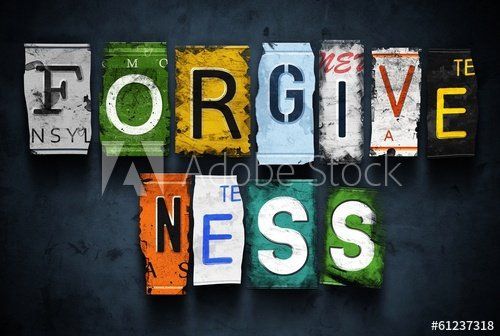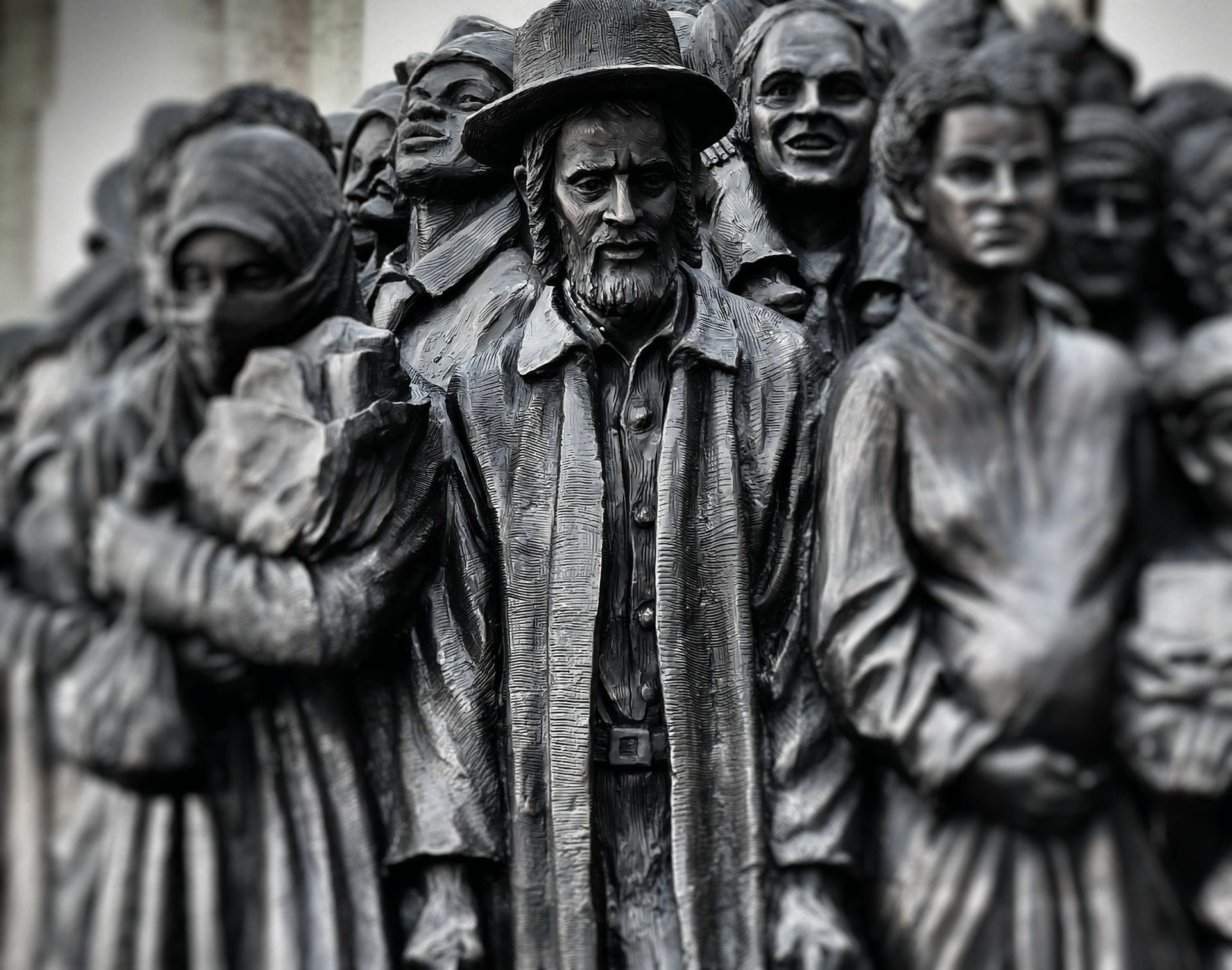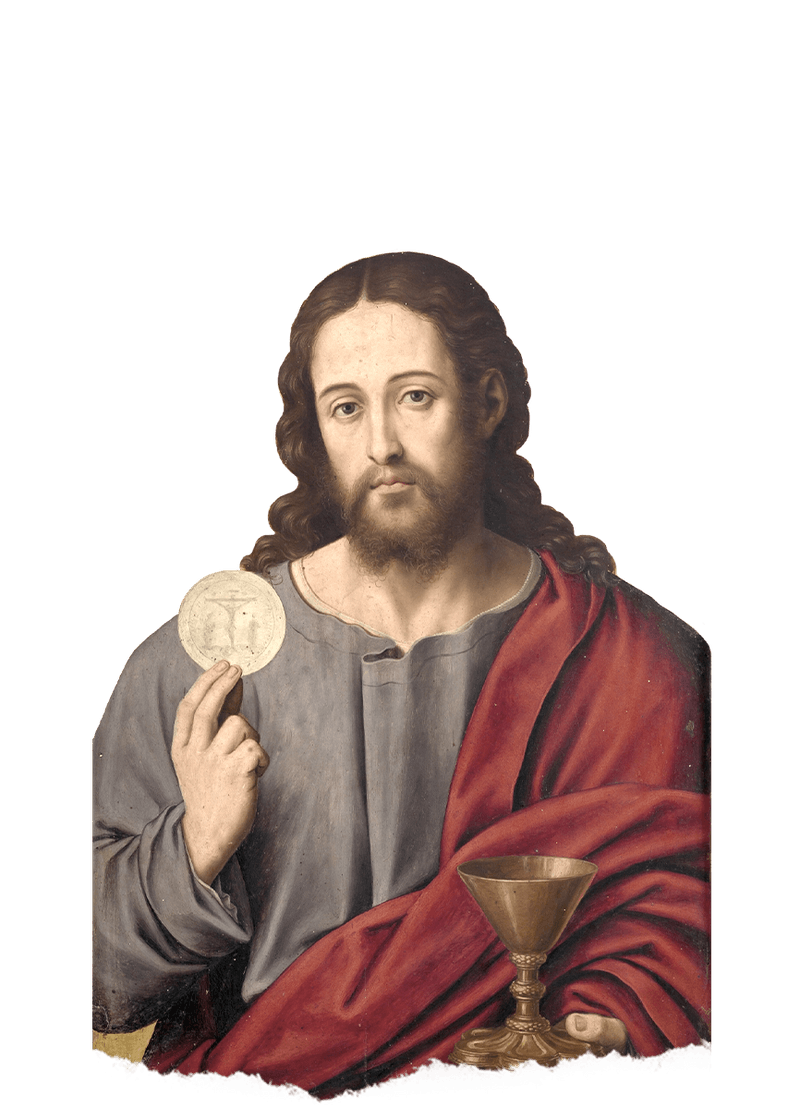This Sunday, Jesus guides us into the difficult process of forgiveness through the incredible story of the King who cancelled the enormous amount of debt his servant owed him and the servant who refused to do the same favor to a fellow slave whose debt was much smaller amount. It tells us of the infinite bound of God’s mercy and forgiveness. God is mercy. God is forgiveness. God is pardon. By way of comparison, let’s just say, $1 Billion compared to $1k, not even a fraction. The king, of course, represents God whose boundless mercy forgave the sinner upon begging for forgiveness while the forgiven servant and the unforgiving sinner out of honor/delicadeza ought to be merciful to his fellow slave but did exactly the opposite, even worse by choking him, by grabbing him in his neck.
Correct me if the opposite is true but this is an extremely impossible scenario and I bet none of us has ever seen anything like this. Hello friend, you owe me a $1M? Forget about it, what are friends for? Let's go have some drinks. It's nothing. It is, therefore, shocking. It is hard to believe and leads us to ask, how in the world the king did that and the servant afford it? We don’t know. What we know for sure is that it is a story that alerts us to the unexpected, abounding, immense and limitless mercy and forgiveness of God in total contrast to the merciless servant letting us know that for as long as we beg down on our knees and express contrition and not even a promise to settle the account in the future.
We don’t know and will never fully understand the intent of the king but the gesture extended is essential and necessary for the health and well-being of an individual and community. Remember this section of Matthew’s gospel is about community life. In a family and community setting, for as long as personal interaction (all the time) is involved, more often than not individuals will struggle and face with the issue of forgiveness. Wrath and anger are our instinctive and normal response. We hold grudges. We are resentful. We become vindictive even if we know negative energies deeply affect our emotional well-being and physical health. By simply thinking about the scenario and the person that caused us harm, they consume us as well as our precious time and energy. It is a weight. Perhaps, some even plan to take the matter to the grave but that’s too much. It’s easy to say forgive and forget if you were not the one offended. But if it happens personally to you and your loved ones, it’s a different story as the wound, the hurt and the offense run deep in human emotions which take time to heal and this is where it’s hard to forgive. As human beings we seek revenge. We want vengeance and make it even.
How often must I forgive? Seven times? Jesus said, not seven times but seventy-seven times or seventy times seven. Don’t do the math, please. Don’t go there. It means always, without limits, boundless. Why do we have to forgive? Because God has forgiven us completely of the debt of sin owed him. This is an incredibly high debt that even if we work in our entire life and sell property and possessions, we won’t be able to settle and that’s the debt of sin. Christ ransomed us. Jesus bailed us out. God has completely forgiven us of the debt we cannot pay back in return and that is, our sins, imperfections, mistakes, dents, etc. The basis of our forgiveness is forgiveness from the heart, the innermost core of the person where it communicates directly with God. The forgiveness that we receive from God is the same forgiveness that must be extended to our fellows. We struggle because of the lack of the sense of how God has forgiven us first. Amen.

PARISH BLOG



